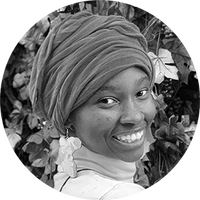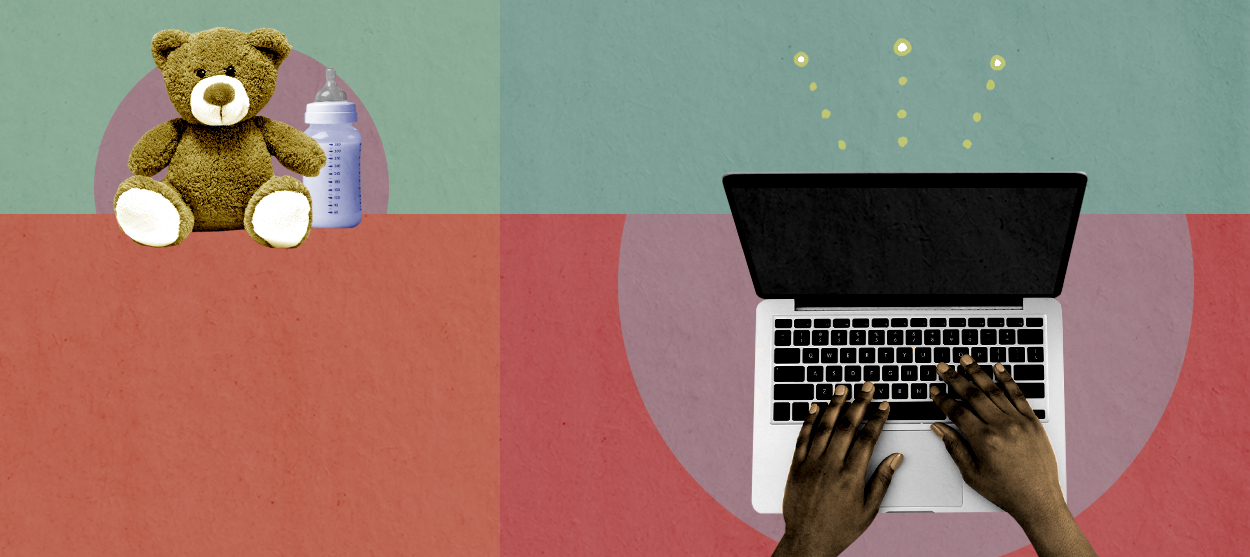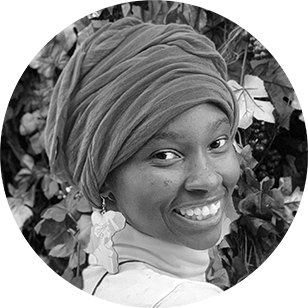The 'intensive mothering' trap
How a common parenting ideology sets mothers up to fail


A free daily email with the biggest news stories of the day – and the best features from TheWeek.com
You are now subscribed
Your newsletter sign-up was successful
Long before I had my first child, I had internalized the message that starting a family would be the end of the enjoyable aspects of my life.
The stories I heard about parenting — beginning with pregnancy and feeding — prepared me for a bleak reality, one of burden and reduced autonomy. Even when other parents congratulated me on my pregnancy, I sensed an unspoken ache of sympathy. Having a family was hard, the world seemed to say, but mothering was hardest.
Parenting is indeed hard. But it would be years before I realized that the real issue is how new parents, especially mothers, are hoodwinked into believing they must surrender their interests and identity the moment their baby is born and until they turn 18. And truthfully, I am still learning that it is society's unrealistic expectations — on parents, children, and families — that nurture this lie and feed my own feelings of overwhelm and failed mothering.
The Week
Escape your echo chamber. Get the facts behind the news, plus analysis from multiple perspectives.

Sign up for The Week's Free Newsletters
From our morning news briefing to a weekly Good News Newsletter, get the best of The Week delivered directly to your inbox.
From our morning news briefing to a weekly Good News Newsletter, get the best of The Week delivered directly to your inbox.
For each of the parents I found myself in community with there existed an immeasurable gulf between the smile-filled, carefully curated images they shared online, and the soul-crushing overwhelm and sense of personal stagnation they shared with me in private. They wanted to further their education, start businesses, or just get to know themselves, but their parenting obligations seemed in the way. I expected to join them in lamenting my deferred dreams. And the inconveniences of pregnancy — from not being able to catch my breath while walking, to leaving a job I loved because we wouldn't have access to childcare — felt like a trial preparing me for the limits waiting on the other side of labor.
After my son and daughter were born, and as they grew, it became clear they'd inherited both my and my husband's free and challenging spirit. Both refused to adapt to the world's narrow expectations. Both refused to keep quiet and out of sight. They wanted to be seen and heard. While I adored their tenacity, I quietly resented their unwillingness to make my life easier. When they misbehaved, I felt it was a social failure on my part. I wanted to return to school and get my graduate degree, but I didn't have the money, time, or childcare options to make that happen. I figured chasing my professional dreams while mothering was an impossible task. I wondered how things would be different if I'd waited even five more years before having kids — and occasionally still do.
But recently, I discovered what felt like a missing piece to this puzzle: "intensive mothering." This ideology came to prominence in the '80s and '90s and is characterized by high sacrifice and material resources for children, and low leisure and time for mothers. This concept is rooted in the culture of individualism. It normalizes the lack of support American families face in the form of affordable health care and parental leave, and it intertwines and conflates quality mothering with class and, to a notable degree, race.
Intensive mothering, in other words, requires that you live only for your children, and not for yourself. And if you can't or won't do this, even in the face of hardship or in the pursuit of personal ambitions, there must be something wrong with you.
A free daily email with the biggest news stories of the day – and the best features from TheWeek.com
Encountering this concept helped me make sense of the discomfort I felt when people suggested I put my dreams on hold until my kids were grown. It also affirmed my view that being a mother doesn't have to diminish my drive to succeed. Once I understood all this, I could re-examine and reinterpret the initial messages I received about the "burden" of mothering. It helped me understand that my children weren't the issue — the messaging was.
For example, my children didn't demand that I surrender my autonomy and place them at the center of my life. They didn't ask that I settle for motherhood instead of going back to school or sharpening my craft as a writer. They certainly didn't request that I shape them into beings who can seamlessly conform to a neoliberal culture of productivity and professionalism. They just wanted my love and nurturing, with no conditions of what that looked like. Yet at every stage of raising and preserving the safety of my Black children, I felt the pressure to do these things.
It took work to understand that the less time I spent trying to mold my children into something they weren't, the more energy I had to dedicate to the things I actually wanted to do.
I decided to detach myself from "if only I weren't a parent" ways of thinking and surround myself with a new community, folks who were transparent about the stresses of mothering, but who refused to settle for one-dimensional parenting. And I started living differently. Instead of staying home when I didn't have access to a sitter, I would bring my children with me to community meetings. I stopped apologizing when I had to shift work deadlines for my family. I volunteered for opportunities that interested me — speaking, facilitation, and community activism — and made a career out of talking about the emotional stressors that accompanied Black motherhood. The more I did the more I realized that I didn't have to reduce my impact because I was a mother. If anything, my children were the reason to push harder. I've continued to use my platform as a writer, and I recently started graduate school where I'm learning about theories of mothering.
Parenting shouldn't stop individuals from reaching their personal goals. We must secure and move beyond bare-minimum support, like paid leave and universal child care, and reshape society towards a culture where the efforts of parents are affirmed. There shouldn't be shame around the financial, mental, and social struggles of parents; there should be support. Manifesting this requires assessing how the philosophy of intensive mothering has contributed to these struggles. And it's possible to do that without denigrating those who see parenting as a central element of their identity.
I started the work of gradually divorcing myself from the culture of sacrificial mothering and started leaning into how both of my children actually helped bring forth the shifts I'm most proud of. These two free Black children weren't locking me out of my dreams — they were the window to seeing what's possible. Of course, it would be disingenuous to suggest they haven't rattled my life and inspired many a corner cry session. I complain about how they inconvenience me, and I wonder if I should have tried to live more thoroughly before starting a family. But I've learned to distinguish which of these feelings are legitimate, or rooted in my own fear of failure or internalized unrealistic expectations.
It doesn't fix the struggles of parenting. But it allows me to chase my goals without guilt. My children haven't ended my life; they've given it to me.
A. Rochaun Meadows-Fernandez is an award-winning writer, speaker, and activist working to amplify Black women's voices in the mainstream dialogue, especially within conversations on health and parenting. She is also the founder of the #FreeBlackmotherhood movement.
